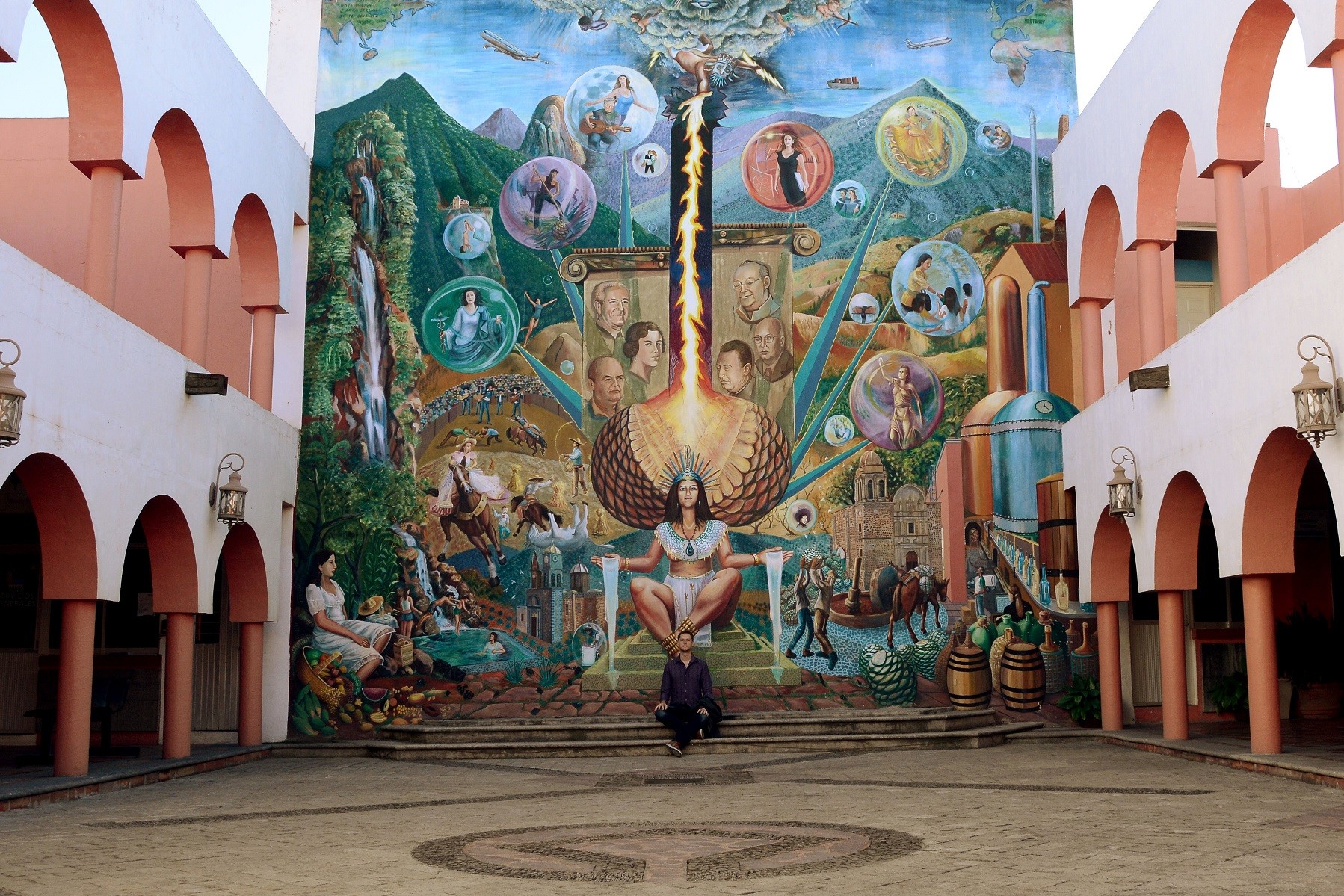Every couple of weeks I’ll see an article come up, talking about how some artists or filmmakers are “losing money” to pirates by having an extremely popular artwork or movie. And yet, when you go on their website, there is no donate button.
This is the case with the recently-released/soon-to-be-released Australian independent zombie film, “Wyrmwood”.
The articles bemoan the terrible situation of having made a work that everybody loves, that nobody is willing to pay for. Most of the time, there is some distribution issue – a bottleneck, such as electronic distribution only available in the United States, only by iTunes. It may come as a huge surprise to distribution companies, but not everybody lives in the USA, and not everybody likes iTunes. Then, after generating demand and hype for a product, it comes as a further surprise that people start downloading the movie. Yet, it couldn’t be more obvious that if you don’t make it convenient or even possible for people to give you money, then they probably won’t.
What the music and movie industry have is a great opportunity, a free distribution service – known as “the Internet”, “BitTorrent” and “Mega” – that doesn’t give them the hassle of a cinema release, doesn’t cost anywhere near as much – doesn’t even cost them bandwidth. Millions of people are out there enjoying your work, and willing to pay for it. All you have to do is put your hands out. That’s a high quality problem if ever I heard one.
Defenders of this outmoded system say that, if they really want to watch the film, they should wait until the official release and buy it. Or they can download it, providing they buy it when it’s officially released – months later when anyone but the most hardcore fan will have forgotten about it. They blame the customers, and call them “thieves”. But copying is not theft.
These people seem to believe that, as the exception to every other revenue-generating industry on the face of the earth, that in this case, it is the customer’s job to accommodate the business. But, no. Businesses need to accommodate their customers. That’s what every single successful business does.
There are several artists who already use the Internet to their benefit, rather than fighting it. Hip hop artist Immortal Technique encourages his fans to download his albums and give them to their friends. Author Paulo Coelho tells people to pirate his books, content in the knowledge that he has a good product, and that people will want to own physical copies of his books. And Louis CK makes downloads and streams of his shows available on his website for cheap.
I expect that in the next few years, we’ll see a lot of new companies taking advantage of Internet distribution, by accepting once-off donations, monthly donations via Patreon, releasing the movie themselves on BitTorrent with a request for tips, and hopefully other methods that we haven’t even thought of yet.
Copying and downloaders still gets demonised in the media. It’s time for media companies to see it for what it really is: the most convenient and cheapest system of distribution which has ever existed in the known history of humanity, and a blessing.
